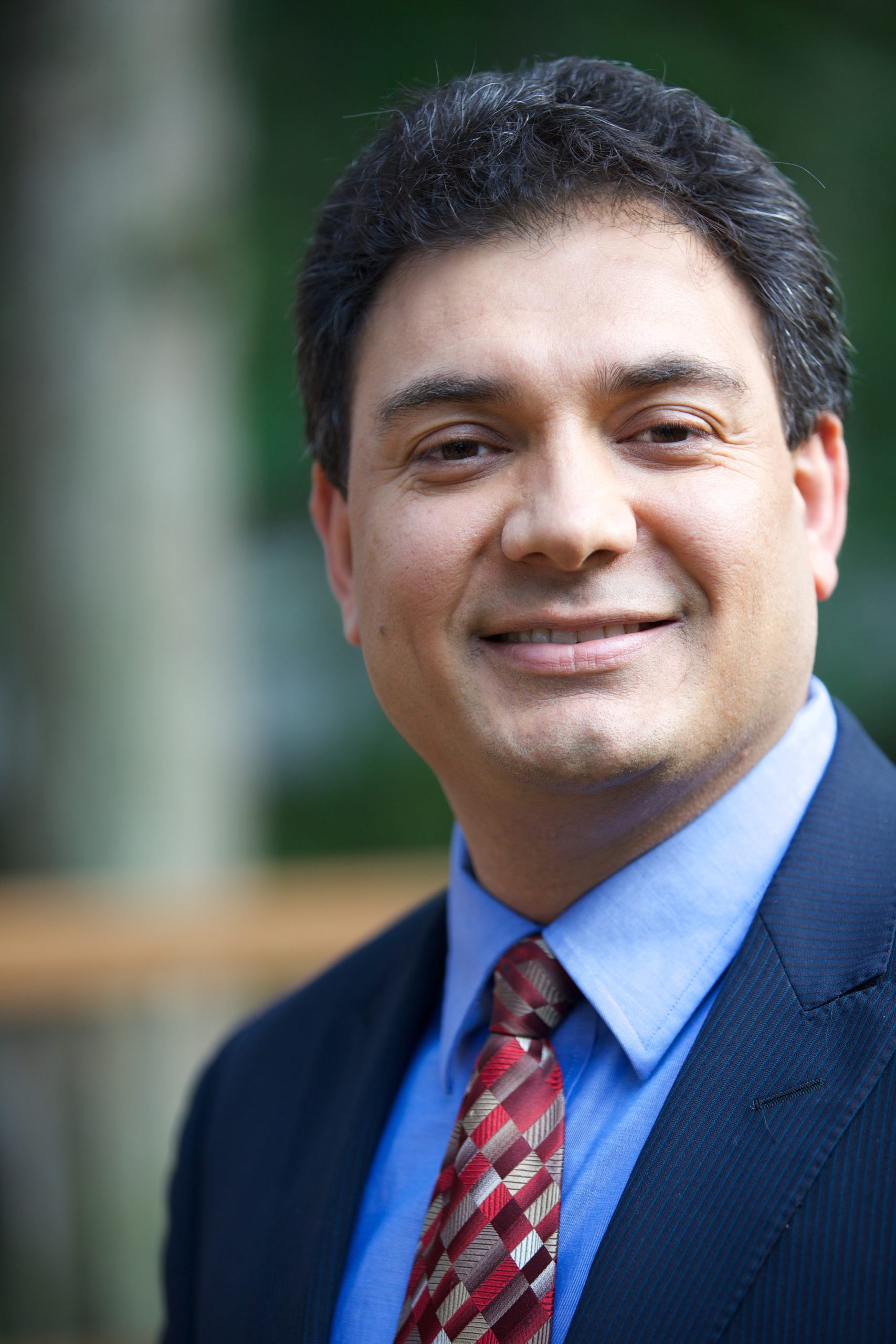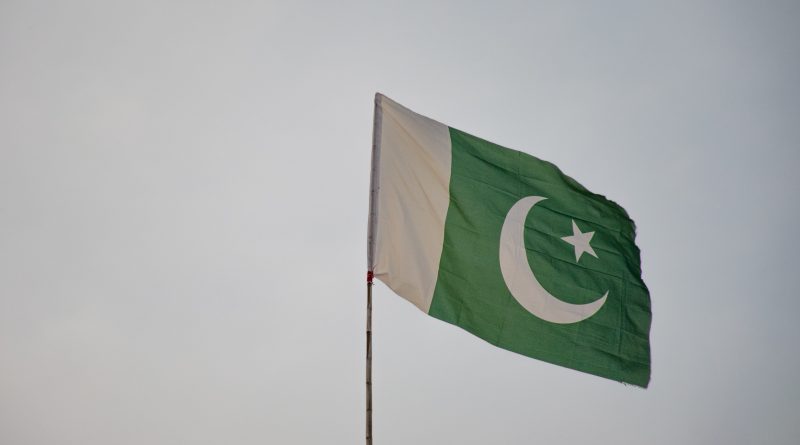Ahmadi Persecution in Pakistan
January 29 is the birthday of Dr. Abdus Salam. He was the first Muslim and the only Pakistani to receive a Nobel Prize in science. His life’s work laid the groundwork for the discovery of the Higgs boson, famously known as the God Particle.
Sadly, the countrymen of Dr. Salam don’t celebrate his achievements because of his faith. Dr. Salam was an Ahmadi which are considered heretic and non-Muslim in Pakistan. It is unfortunate in this day and age for Pakistanis to detest a true hero who continues to inspire millions of scholars and students around the world.
Zulfiqar Bhutto, the so-called liberal and secular Prime Minister of Pakistan, played a pivotal role in having the parliament declare Ahmadis non-Muslims. His successor, General Zia-ul-Haque took one step further and introduced penal code to incarcerate Ahmadis for claiming Islam. This institutionalized persecution and pogrom of Ahmadis that continue till date. As we speak, hundreds of Ahmadis are serving life or on death row for blasphemy without recourse to evidence gathering, appeal and trial.
President Musharraf, who died this week in the United Arab Emirates (UAE), was among the few top Pakistani leaders to proclaim as an Ahmadi-sympathizer. However, his conservative Muslim allies didn’t give him much wiggle room to rectify the constitutional mistakes of the past eras. In 2004, he removed the religious identification column from Pakistani passports which was used as an apartheid tool against the Ahmadis. But pressure from the Muslim leaders forced him to undo that decision within a few weeks. He also abolished the separate electorate roll for non-Muslims which debarred them from voting for general candidates. And yet again, he failed to include Ahmadis in that joint electoral system. Brad Adams, the Asia Director of Human Rights Watch says that elections in Pakistan cannot be termed free and fair as an entire community is effectively excluded from the electoral process. Since self-identification as Muslims is the foundation of Ahmadi belief, therefore they refuse to vote as non-Muslims. In an article titled, “The Town That Doesn’t Vote”, Saad Sayeed writes that all Ahmadis show immense pride in their Pakistani citizenship but remain disenfranchised in a country that their ancestors helped create with great valor and sacrifices.
The city of Chenab Nagar, previously known as Rabwah, is the only Ahmadi-majority locality in Pakistan. The Punjab government changed the name since it is blasphemous for Ahmadis to use a Quranic word to name their city. Although Ahmadis make up for over 97% of Chenab Nagar’s population, yet they have no right to manage the city. The city doesn’t receive funds from the provincial or federal government, which forces its residents to use private funds for development. The residents are governed by outsiders with laws of discrimination that remind of white-ruled South Africa. Despite their sheer size, they feel helpless in the fight against apartheid and many call their city the largest Ahmadi jail in the world.
Pakistani law prohibits Ahmadis from calling their places of worship mosques or distributing religious literature, or reciting the Koran or using traditional Islamic greetings. These measures criminalize their daily lives and enable regular attacks on both individuals and the organizations. Four days after the Ahmadis celebrated the birthday of Dr. Abdus Salam; some Sufi zealots attacked an Ahmadi mosque on Martin Road in Karachi and damaged its minarets. London based International Human Rights Commission has reported nine such incidents from Karachi-Saddar, Umerkot (Amarkot) and Mirpur Khas where Muslims tried to set Ahmadi mosque on fire and shot fires at the congregants.
In the last quarter of 2022, police in Gojra, Gujranwala and Wazirabad districts destroyed Ahmadi mosques by razing domes and minarets and removing Quranic verses from the walls. These districts are a stronghold of Chaudhry Pervez Elahi, the ex-Chief Minister of Punjab, who is an outspoken opponent of Ahmadis and proposes stricter laws to curb their religious activities.
Dawn reports that in May of 2022, Sufi activists in Okara district of Punjab knifed and killed a 33 year old Ahmadi named Abdus Salam. Similarly, Reuters reports that in August of 2022, a 62 year old Ahmadi named Naseer Ahmed was stabbed to death in Chenab Nagar for refusing to praise a local Sufi leader. Contrary to Shias who become victim of Wahabi zealots, Ahmadis are target of Sufis who justify Ahmadi genocide in the name of preserving and upholding the sacrosanctity of Prophet Muhammad and finality of his prophethood. The killers remain at large and immune from prosecution simply by declaring their victims blasphemous heretics. This judicial impasse and fear of imminent threats have forced many Ahmadis to take asylum in the Western countries.
Today, each Ahmadi household manifests a tale of discrimination, persecution and death which reminds them of the grave mistake their leaders made in 1947 by helping the British Monarch create Pakistan as a safe haven for the Indian Muslims. The constitutional apartheid against the Ahmadis is a clear violation of the Universal Declaration of Human Rights and all related international treaties that Pakistan has signed. The US government should recognize Ahmadi genocide and hold Pakistani government accountable to ensure basic rights and protection for Ahmadis.

Senge Sering is the President of Gilgit Baltistan Institute in Washington D.C.

